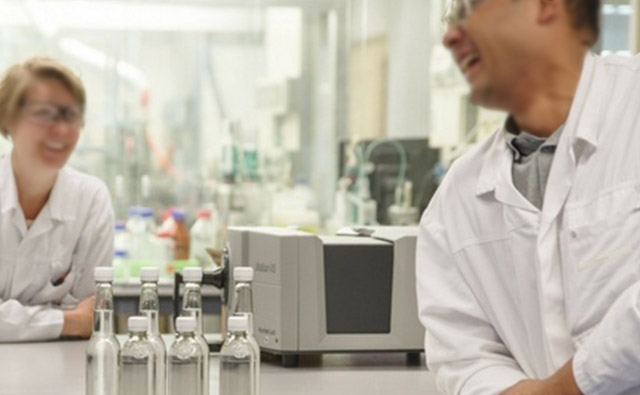Industry News
Avantium begins construction of plant that spells good news for bio-plastics

Industry News

Image: Bio-based World News
The advent of bio-based plastic that can be created on an industrial scale gathered pace last week with the imminent construction of a demonstration plant that will advance the development of a key ingredient.
Derived from renewable sugars, mono-ethylene glycol (MEG) is a bio-based compound that can be used to make everyday products such as PET (polyethylene terephthalate) and PEF (polyethylene furanoate) plastics and polyester textiles – materials that close to 100% of which are produced using fossil fuels. The company behind the sustainable alternative is Avantium, the renewable chemistry company that said the plant would provide environmentally-minded consumers and brands with the eco-plastic they crave.
Based on Avantium’s Mekong technology which converts renewable sugars into bio-based MEG, the plant has come following a previous investment from the company of around £17.5 million (€20 million). It is planned to enter operation in 2019 and, when it does, will look to address the imbalance of fossil-based plastics versus bio-based alternatives ahead of the predicted near-doubling of plastic use over the next 20 years to 50 million tonnes.
“Our novel single-step process can finally fulfil this demand in an environmentally sustainable manner that both consumers and leading brands have been seeking,” said Tom van Aken, chief executive officer of Avantium. “This enables renewable products growth for consumers that increasingly demand products brought to them in a responsible manner.”
In addition to Avantium’s work to bring its Mekong technology to “full-scale commercialisation globally”, the Dutch company is looking to do the same with another organism that is used in a wide variety of bio-based processes including adhesives and biofuels, lignin. The technology behind the production of the naturally-occurring organic polymer is called Zambezi and @Avantium is nearing completion of a biorefinery pilot plant that will produces glucose and lignin from feedstocks that aren’t from the food chain.
Bio-Based World News reported last year between a joint venture called Synvina (@synvina), formed between Avantium and another major player in the bio-based industry, the German chemicals company BASF (@BASF). At the core of the partnership is a focus on producing and marketing FDCA (furandicarboxylic acid) as well as the marketing of the relatively new polymer PEF.